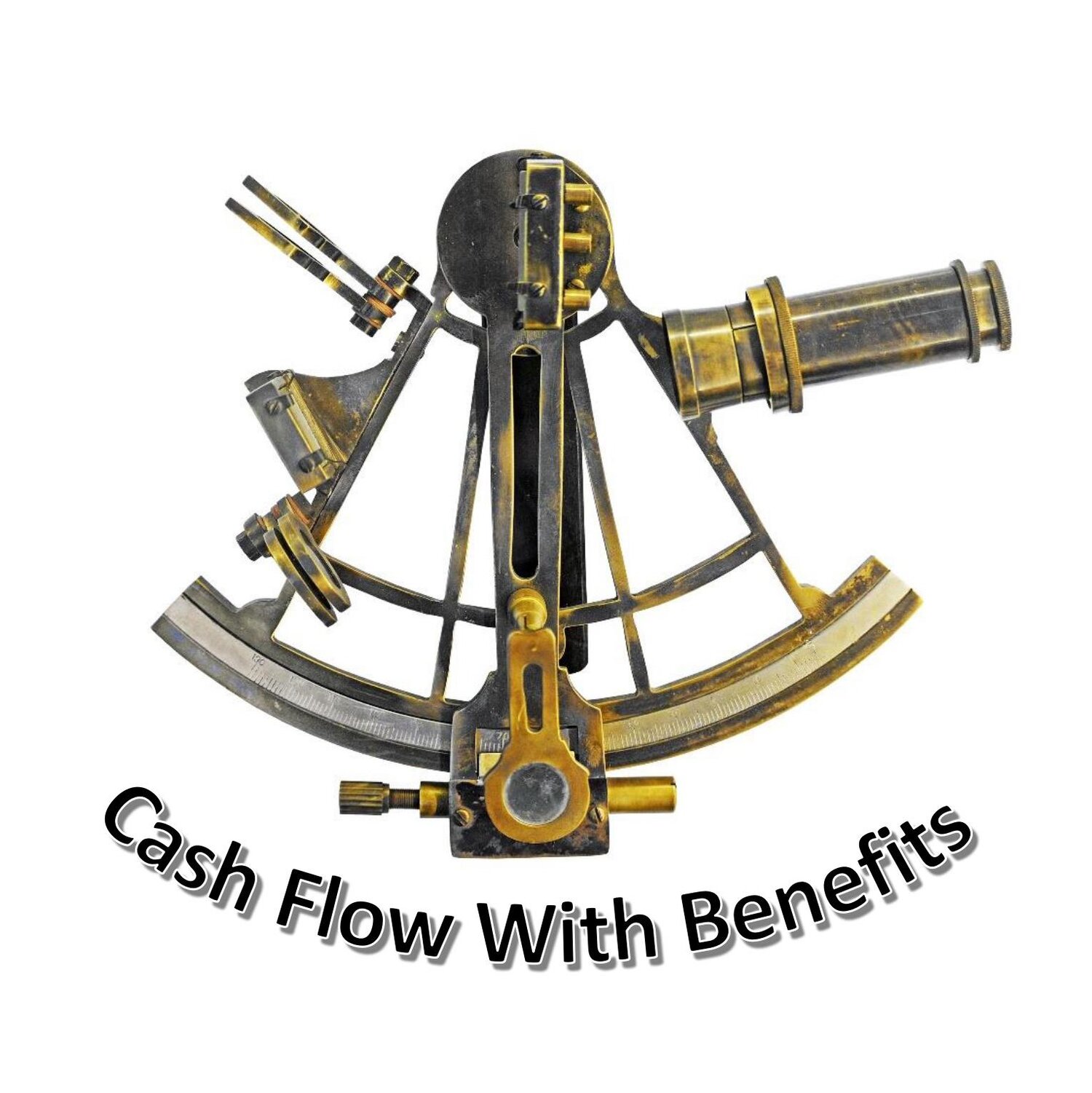This question goes to the core purpose of the infinite banking concept and why this strategy makes sense as opposed to utilizing a traditional whole life insurance model.
Simply put, expediting the accrual of the cash value within the policy allows the policy to accumulate cash value quicker. As a result, the various benefits of whole life insurance as a powerful financial tool can then be obtained sooner.
With that in mind, the commonly known benefits to utilizing the cash value in a whole life insurance policy from a mutual company that practices non-direct recognition are gains derived from a guaranteed rate of return plus additional gains from tax free dividends and non-guaranteed appreciation within the policy.
In addition, loans can be taken with minimal interest charged and no penalties at any time (in favorable policies) AND regardless of loans the policy will continue to grow on the full cash value in a properly structured self banking policy.
I. Tax Benefits
Guaranteed Tax Free Death Benefit
Tax Deferred Growth
Tax Free Policy Loans
Tax Free Withdrawals (up to basis)
II. Liquidity
Your money in your policy is available to you above any one else. It is your money and the company must allow you to use your money in the policy in the form of loans or withdrawals. You do not have to qualify in order to take out a loan.
III. Compound Interest
Since the money in your cash account earns interest, EVEN if you have an outstanding policy loan, your money earns continuous compounding interest. This results in a highly efficient banking policy, as your money continuous to grow and grow as time goes by.
IV. Dividends
As part of the benefit of using a mutual company, your banking policy receives dividends. Although not guaranteed, most mutual companies have paid dividends for over 100 years, including during the Great Depression.
V. Recapture Debt
This concept becomes increasingly powerful when used as a strategy to recapture debt costs being paid to banks and other third parties. As Nelson Nash recommends, this strategy is akin to building a business, and thus there are up front costs in getting the policy started.
To treat the policy like a business, it is essential that the policy loans be repaid (with interest/or at a minimum the interest must be paid) and it is advisable that premiums continue to be paid through the duration of the policy period (rather than allowing the cash value to pay the premiums).
In Nash’s example, you don’t operate a grocery store and then raid the shelves for your personal use because this will have a serious adverse affect on your business performance. Instead, as the business owner, you value your merchandise GREATER than others. Therefore, as a banker dealing with your own money, you VALUE your money GREATER than a banker.
